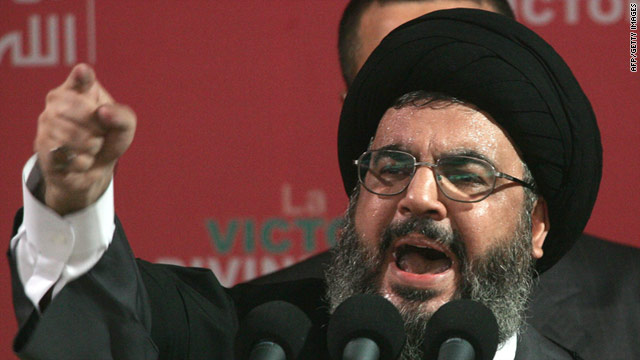CAIRO: International Monetary Fund (IMF) Managing Director Dominique Strauss-Kahn, who was in Cairo Monday for meetings with top government officials, sought to soften worries of an impending global economic crisis.
His comments came on the heels of a meltdown in the US banking sector, which today saw the bankruptcy of Wall Street lion Lehman Brothers and the purchase of Merrill Lynch by one of its competitors.
Strauss-Kahn, while careful to note the magnitude of the challenges ahead, argued that the practices that led to the meltdown in the financial sector are largely in the past.
“I think that we’re living the consequences, he said, “the roots of which are largely, not totally, but largely behind us.
The IMF chief, who was in town to hold meetings with the Egyptian President and Prime Minister, also argued that the global economy has ably persevered through a handful of economic crises in 2008.
“Our view is that we also see that the real economy. is much more resilient than could be expected, he said.
Strauss-Kahn mentioned that the recent developments in the global economy were in step with the forecast issued by the IMF this year, viewed by many at the time as overly pessimistic.
He also mentioned that the IMF would soon issue a revised forecast during its bi-annual meeting next month; and he hinted that the forecast of a “protracted slowdown that is not “very deep was unlikely to change much.
When asked whether the global economy was headed for a recession, Strauss-Kahn demurred, preferring to use the term “slowdown.
He also enthusiastically offered the support of the IMF to any country that required it.
The role the IMF can play, he said, was four-pronged.
First, he argued, the IMF was well positioned to offer insights and analysis into the condition of the macro-economy. Second, the IMF’s experts were prepared to give policy advice to any country struggling to weather the storm.
Thirdly, he asserted that the role of the IMF is to work with global leaders to help shape the future of the financial sector. Finally, the IMF, he said, was prepared to offer financial support to any country, especially undeveloped and developing nations.
Strauss-Kahn also took time to laud developments in the Egyptian economy. It came at a time when inflation has been holding steady at around 20 percent and many families have been struggling to afford basic goods.
Noting the crisis in food prices, the IMF chief noted, “For the Egyptian economy, the increase in food prices is probably more damageable than the increase in oil prices.
He also urged the government to persevere in the battle against inflation.
“The government has to fight very strongly against inflation, he said. While praising the strategic use of subsidies by the Egyptian government, Strauss-Kahn warned of the challenges ahead.
The government, he said, would have to aggressively combat inflationary pressures while not abandoning the structural reforms it has enacted over the past several years.
El Sewedy Cables saw its shares fall 5.01 percent to LE 118, while Al Ezz Steel Rebars dipped 3.14 percent to LE 21 per share.
